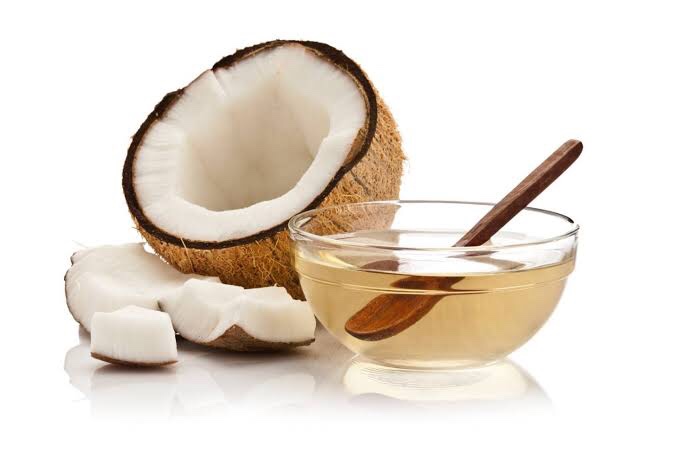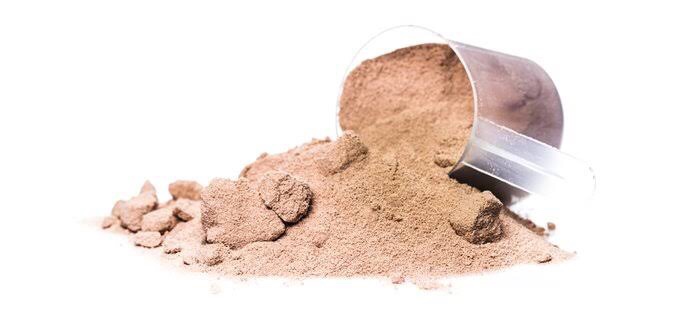All Calories Are the Same. One of the biggest food myths; we need to address is this – eating 300 calories of poultry is not the same as eating 300 calories of dessert .
1.MYTH: A gluten-free diet is healthier
In a nutshell, no. It isn’t. There is no reason to eliminate gluten from your diet unless you have a legitimate reason to do so, such as coeliac disease. Gluten is present in many carbohydrate-based foods, including some that are unhealthy, due to its presence in wheat, barley, and rye (think biscuits, cakes, pies, and pastries). This may be why it has such a bad reputation, but gluten is not inherently harmful.

It is not the absence of gluten which makes for a healthier diet but rather the foods that are included. Because a gluten-free diet excludes many refined, processed foods. But a gluten-free diet can also be low in fibre, and some gluten-free products have a high glycaemic index, meaning they are rapidly metabolised and don’t leave us feeling satisfied for very long.
A lack of whole grains is another risk for gluten-free eaters. These are high in B vitamins, and a gluten-free diet can be deficient in B vitamins if the gluten-free grains used are not carefully selected.
2.MYTH: Don’t eat fruit because it has too much sugar
It’s easy to get confused between refined sugars and natural sugars found in fruits. Fruit does indeed contain sugar. But there are key differences between the natural sugars found in whole fruits and the refined sugars added to processed foods to make them taste better and increase their shelf life.

First, fruit contains fiber which helps slow the absorption of fructose, the main type of sugar found in fruit, into your bloodstream. This is good because it helps prevent the surges in blood sugar that when repeated, can over time lead to insulin resistance and increase risk for type 2 diabetes.
The fiber in fruit also helps us feel fuller longer, which in turn, helps us eat fewer calories and therefore better manage our weight. Also, the fiber in fruit also contributes to the good bacteria in our intestines, which in turn contributes to better gut health. A good rule of thumb is to “eat a rainbow of fruits.”
3.MYTH: Low-fat or fat-free products are healthier choices
Contrary to popular belief, a low-fat diet is not necessarily healthy. The important thing is not to avoid fat entirely, but to eat the right kind of fat. Our bodies require and utilise unsaturated fats. They have been linked to lower blood cholesterol levels and can be found in foods like oils, nuts, seeds, avocado, and oily fish.

Low-fat products are only beneficial when they help you reduce your intake of saturated fat, which is linked to high cholesterol and an increased risk of heart disease. If you do choose these types of products, make sure to read the nutrition information label to ensure they are sugar-free.
In the context of food marketing, “low fat” means “loaded with salt and cheap carbohydrates.” Take, for example, Smucker’s Reduced Fat Peanut Butter. Smucker’s added maltodextrin, a fast-digesting carbohydrate, to replace the fat it skimmed. That will not help you lose weight.
4.MYTH: Avoid carbs if you want to lose weight.
First, the Atkins diet claimed to be the answer to weight loss and improved health. The keto diet, its younger cousin, now suggests that you weren’t restricting carbohydrates sufficiently for it to work properly. Apply the same logic as with fat and focus on the type of carbohydrate you consume rather than eliminating it entirely.
Carbohydrates are classified into two types: refined and whole. The latter are preferable because they are higher in fibre and contain a higher concentration of other essential vitamins and minerals. High-fibre foods will not cause you to gain weight, but eating them on a regular basis will keep you feeling full and, as a result, less likely to overeat.

We require carbohydrates to provide us with energy, and they should account for one-third of our total caloric intake. So instead of eliminating them, make some smart substitutions and reduce your intake of the unhealthier carbohydrates, such as highly refined flour products, refined sugars and many more.
We have a problem in the scientific community, and that problem is identity. “Low carb” has become part of one’s identity, with the rise of “low carb doctors” and “low carb dietitians.”
5.MYTH: You Need Protein Immediately After Your Workout
When you exercise, you break down your muscle tissues, which your body must then repair, resulting in muscle growth. Protein is the building block for muscle repair, and yes, your muscles are more sensitive to the anabolic effects of protein after working out. This opens up an opportunity known as the “anabolic window.”

But, once again, the difference is negligible. Because your body can only metabolise a certain amount of protein at a time, loading up on protein shakes is pointless. Your overall protein intake throughout the day determines how well your muscles recover and grow. So perhaps the phrase “you need protein right after your workout” is an exaggeration rather than a myth.
In general, most of us can get more than enough protein from our normal diets. Try 1.6-2.2g of protein per kg of bodyweight per day for the best results. Rather than overdoing it on protein shakes, the goal should be to limit our protein intake to shortly after exercise so that our bodies can use it to help our muscles build and repair.
“If your workout requires a recovery meal, eat a healthy meal rather than a supplement.”
Also Read: How To Read Food Nutrition labels For Healthy Eating
Do you have any burning nutrition questions or concerns that I can clear up for you? Drop me a line in the comments - let's bust some nutrition myths together!


Leave a comment